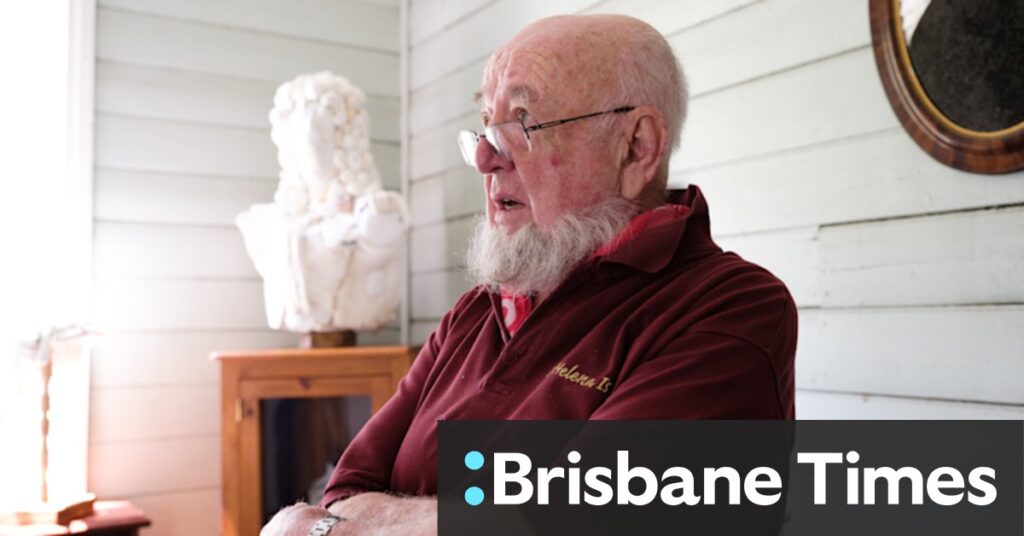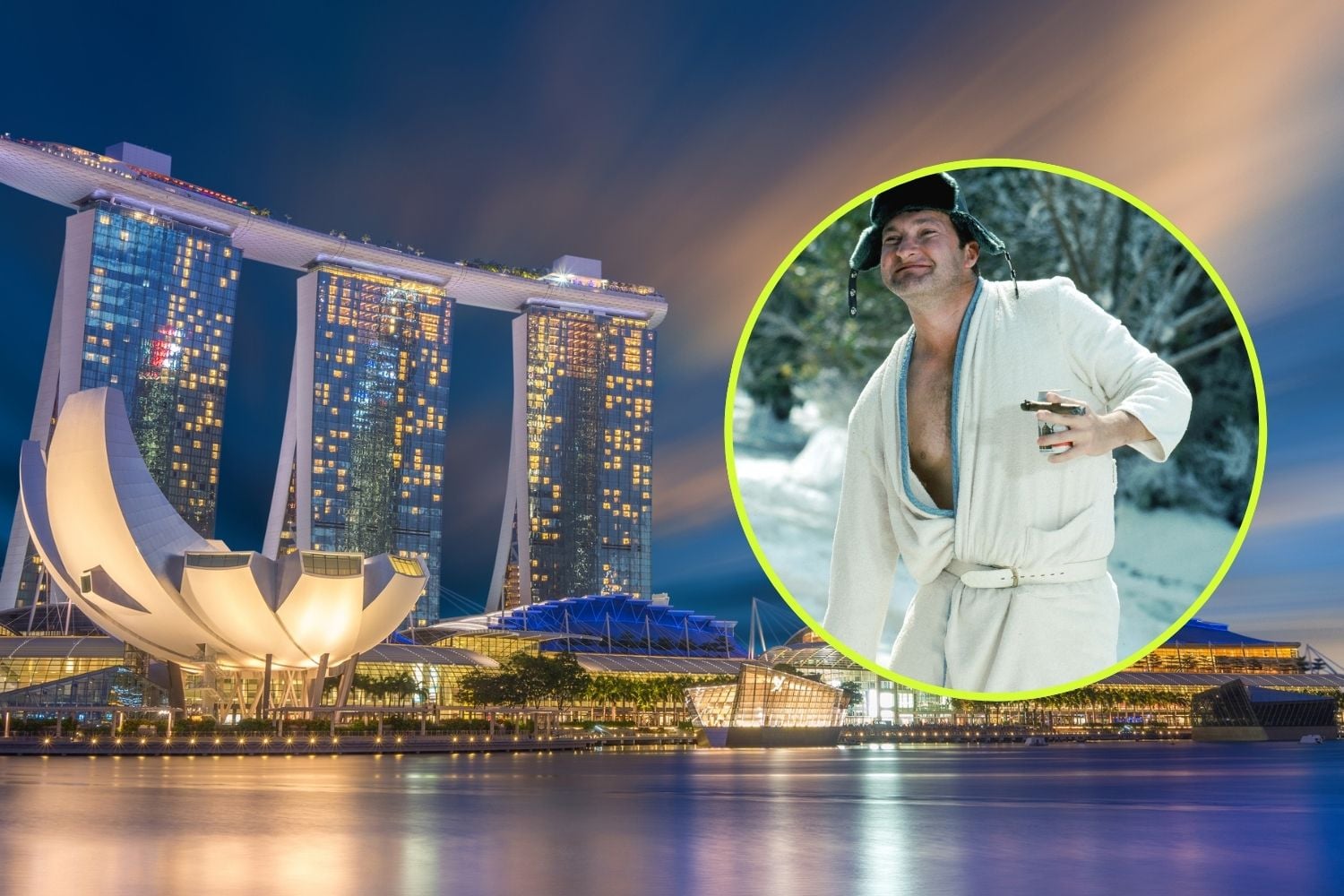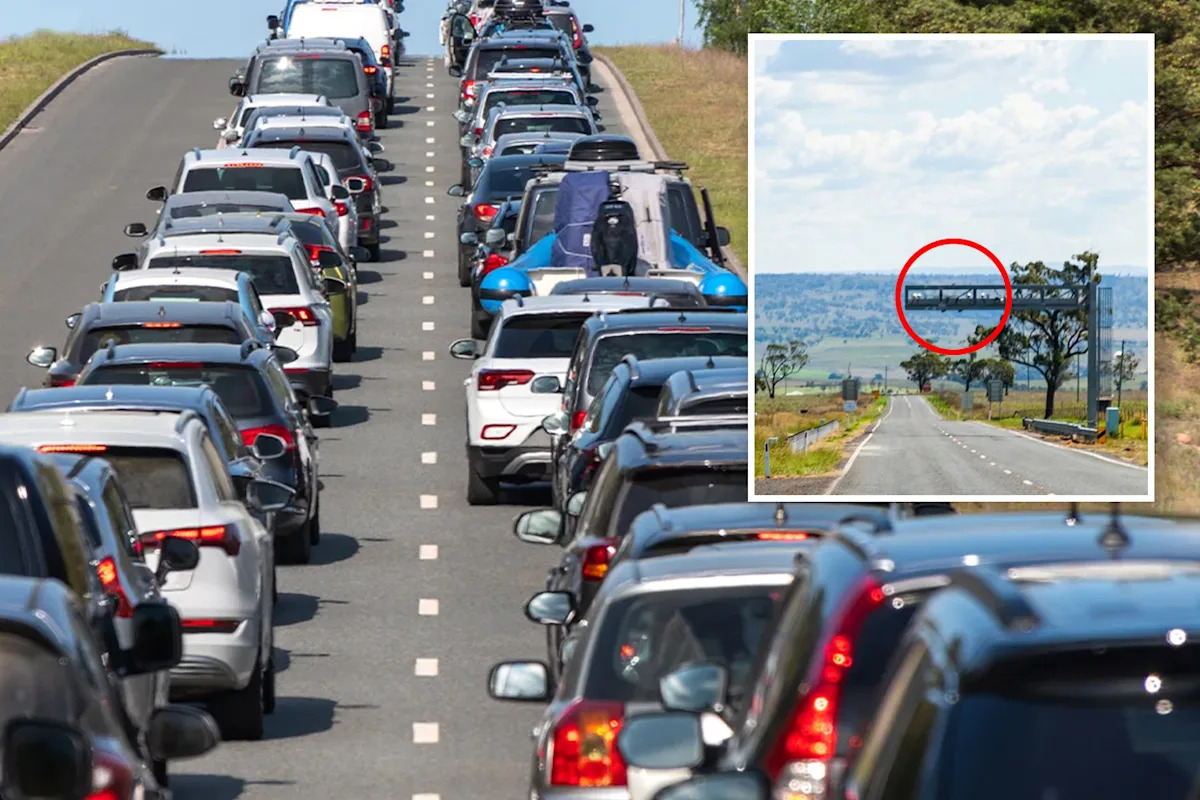
Tech giants are offering media outlets and artists the option to opt out of a controversial plan that would grant artificial intelligence firms free access to Australian content. This move comes as a delegation of authors and musicians, including Thomas Kenneally and rapper Briggs, arrives in Canberra to contest the potential exploitation of their work by AI technologies.
The parliamentary inquiry into AI and the arts is set for Tuesday, where artists will voice their concerns. However, OpenAI and the Tech Council of Australia have not yet confirmed their attendance. The debate was ignited in August when the Productivity Commission proposed a “text and data mining” exemption from copyright restrictions, aiming to foster an Australian AI industry.
Thomas Kenneally expressed his discontent to the Australian Financial Review, stating that the Productivity Commission’s proposal undermines Australian culture. He described the issue as “life or death stuff” for writers, emphasizing the urgency of their opposition.
Tech Council’s Stance on Copyright Exemption
The Tech Council of Australia has been a proponent of the copyright exemption. However, its chief executive, Damian Kassabgi, indicated openness to a system where creators could block their work from data mining. He suggested that paywalled news articles could be automatically protected.
“The TCA is hopeful Australia can find a path forward on copyright that allows AI training to take place here while also including appropriate protections for creators who make a living from their work,” Kassabgi stated.
He further explained that existing tech solutions allow creators to opt out of having their data used in AI training. A combination of opt-out technologies and content deals could enable creators to control when their content is used and benefit financially from it.
Economic Impact and Industry Contributions
The Tech Council claims significant contributions from tech companies to the Australian economy. For instance, YouTube reportedly added over $970 million last year, while Netflix has invested $1 billion in Australian content.
“Tech companies have created systems that enable artists to promote, increase clicks, and discover new revenue streams, including exposure to international audiences,” Kassabgi added.
The council has been in discussions with the government and the Australian Council of Trade Unions about a content-sharing agreement, highlighting the ongoing negotiations to balance interests.
Political and Cultural Tensions
Greens senator Sarah Hanson-Young emphasized that the copyright exemption issue would be a focal point of Tuesday’s hearing. She criticized the exemption, arguing it allows AI companies to exploit content without fair compensation.
“Not only are these AI companies already taking a lot of content for free, but they now want an exemption for having to pay for it,” Hanson-Young said. “It’s grand theft. We need to put a line in the sand for protecting Australia’s cultural sovereignty.”
Within the Labor party, there is division over the proposal. Media outlets, including Nine Entertainment, oppose the exemption. Former industry minister Ed Husic has voiced criticism, while backbencher Michelle Ananda-Rajah supports tech firms using local content to advance Australia’s tech industry.
Hanson-Young also accused Andrew Charlton, the assistant minister for science, technology, and the digital economy, of siding with tech companies. She claimed he serves as their chief advocate within the government.
The outcome of the parliamentary inquiry and subsequent decisions could significantly impact the intersection of technology and creative industries in Australia, setting precedents for how AI interacts with copyrighted content globally.






